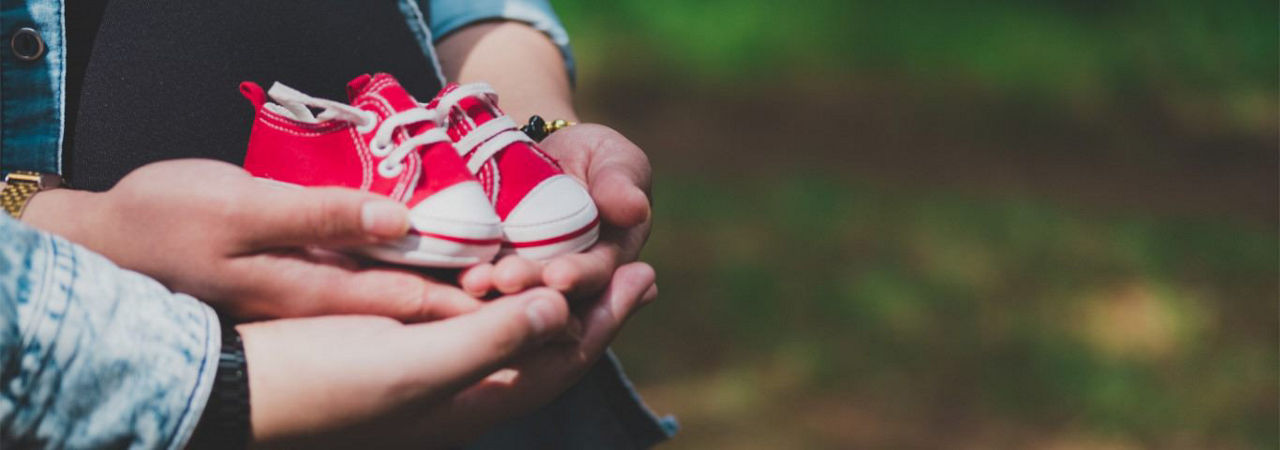Breastfeeding is the best for babies and a healthy diet / maternal nutrition is important when breastfeeding. A decision not to breastfeed can be difficult to reverse. Infant formula is suitable from birth when babies are not breastfed. It is recommended that all formula milks be used on the advice of a doctor, midwife, health visitor, public health nurse, dietitian, pharmacist, or other professional responsible for maternal and child care and the financial implications should be considered. All preparation and feeding instructions should be followed carefully as inappropriate preparation could lead to health hazards.
What Are The Early Signs of Pregnancy?
1. Missed a period
It’s the most obvious sign of pregnancy so if you’re unusually late it’s worth taking a pregnancy test.
2. The classic sign? Morning sickness!
Morning sickness affects everyone differently – it can be feelings of nausea or can make you physically sick. It can start a few weeks after conception or even after just a few days. If you’re very lucky, you won’t experience it at all. It’s not a very well described symptom – it can strike at any time of day or night, not just in the mornings!
3. Going to the washroom more often than usual!
If you notice you’re constantly running to the washroom, this could be a good sign that you’re pregnant. All of the hormonal changes your body goes through during the first trimester can make toilet stops more frequent.
4. Feeling tired?
One of the most common early signs of pregnancy is a feeling of complete exhaustion. It happens as a side effect of a rise in the levels of the hormone progesterone in your body. So if there’s no other real reason for you to be so tired, check the other symptoms here to see if you could be pregnant.
5. A funny taste in your mouth
Some moms say that when they first become pregnant they get a funny taste of metal in their mouth. Other women develop an unexpected dislike for something everyday and familiar, like fish.
6. Changes to your breasts
The skin around your nipples is called your areola and one sign of pregnancy can be that it becomes noticeably darker and bigger.
7. Unexpected bleeding or cramps
Your fertilised egg will travel from your fallopian tubes and settle in your uterus to grow. This is known as implantation and happens between weeks 3 and 4. Implantation sometimes causes side effects, including cramps and some light spotting, that are red, pink or brown in colour.
8. Confirm your suspicions with a pregnancy test
Of course there’s only one real way to be sure you’re pregnant. You can get a reliable positive result using a home pregnancy test from the first day of your missed period.
Disclaimer: All content on this Website is provided solely for informational purposes and is not intended as a substitute for medical and/or other professional advice for your specific condition. Please do not disregard medical and/or other professional advice or delay seeking it because of something you have read on this Website. Always seek medical advice before starting any new treatments.


Ask Our Careline
Whatever’s on your mind, we’re here to help



